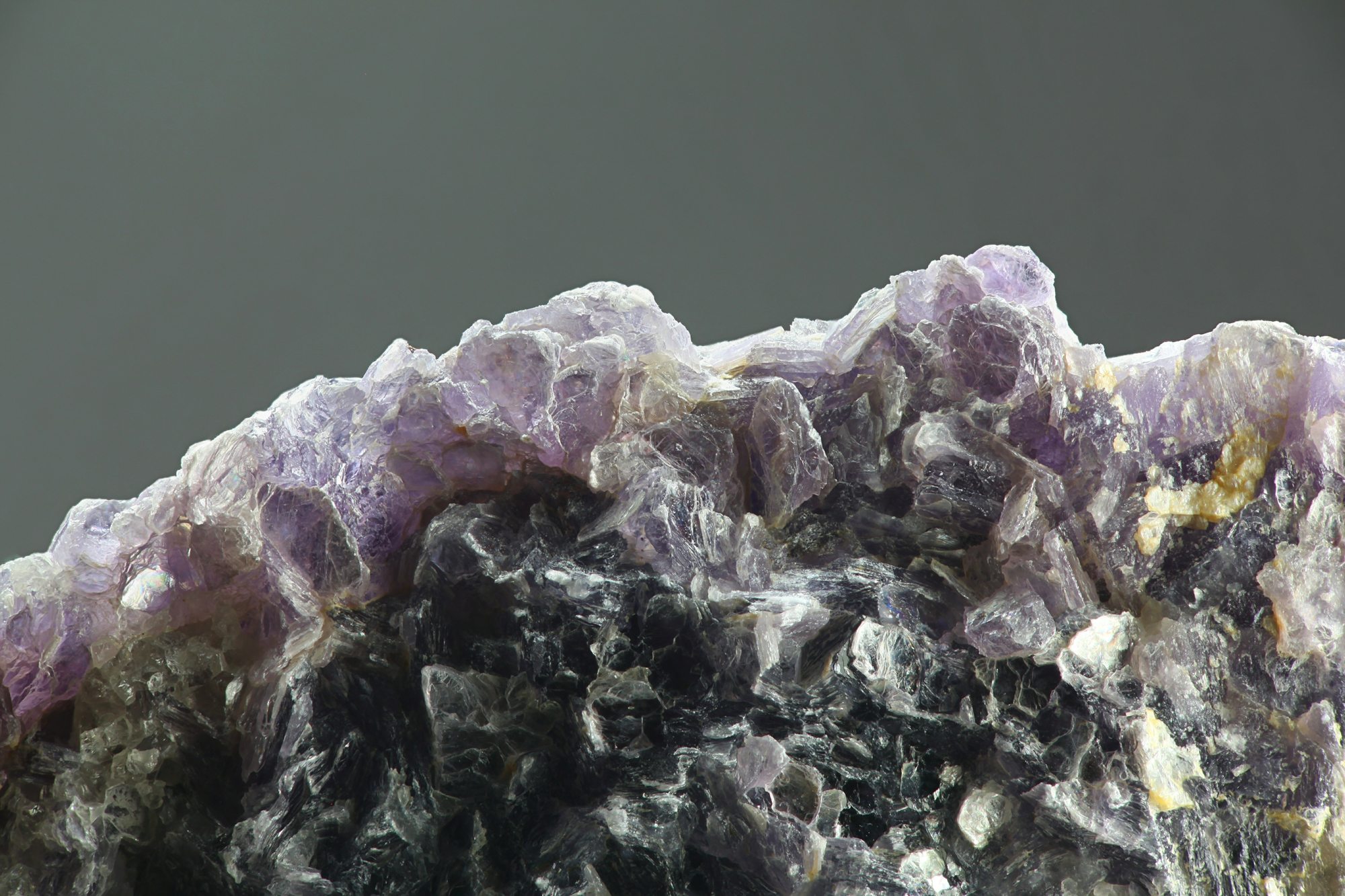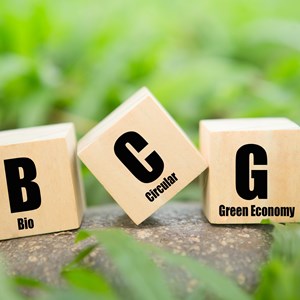Critical Raw Materials play an important role in today’s global economy. Minerals such as lithium, cobalt, and copper are essential components in a wide set of strategic sectors, including the net zero industry, the digital industry, aerospace, and defence sectors. For this reason, they are fundamental to ensure the long-term success of the European Union’s strategic priorities, such as the twin digital and green transitions and its strategic autonomy.
Nevertheless, in many cases, the supply of raw materials is often associated to a high risk, as they are for the most part mined outside the EU: for instance, for lithium, which is used in the development of batteries, the EU is 100% dependent on third countries. This makes reliable and unhindered access to raw materials a growing concern within the EU and endangers its resilience and ability to pursue its strategic objectives.
In response to these concerns, today 16 March, the European Commission presented the Critical Raw Materials Act. The Act aims to mitigate existing risks, and increase and diversify supply chains for critical raw materials identified as key to Europe’s green and digital transition.
In particular, the regulatory framework proposed by the Act will focus on five main pillars:
- Identifying a list of strategic raw materials;
- Creating diverse, secure and resilient EU critical raw materials supply chains;
- Ensuring that the EU can mitigate supply risks through the monitoring of stocks;
- Investing in research, innovation and skills;
- Protecting the environment by improving circularity and sustainability of critical raw materials.
CEN and CENELEC, as two of the official European Standardization Organizations (ESOs), welcome the adoption of the Critical Raw Materials Act and share its commitment to building a sustainable and resilient framework to meet the challenges of the twin transitions. Indeed, the European Standardization System is already three years into its preparation of standards on Critical Raw Materials. A good example is EN 45558:2019, which provides a ‘General method to declare the use of critical raw materials in energy related products’. EN 45558:2019 differentiates between regulated CRMs and non-regulated CRMS. For regulated CRMs, the standard requires users to provide the relevant information in the material declaration format provided by EN IEC 62474:2019+A1:2021 ‘Material declaration for products of and for the electrotechnical industry’. The same standard is also recommended for use when reporting non-regulated CRMs.
This standard is one of several produced by the joint technical committee CEN and CENELEC JTC 10 ‘Energy related products and material efficiency aspects for Ecodesign’.
The importance of standards is mirrored in the 2023 European Union Annual Work Programme for Standardization. The document, recently released by the European Commission, lists among the priorities identified the ‘Exploration, extraction, refining, recycling of critical raw materials’. The series of actions it identifies to support it will serve as the basis for the further deepening of CEN and CENELEC’s involvement in supporting a more resilient supply chain for Critical Raw Materials.
Throughout the history of the Single Market, European standards have been a staple to support the evolution and dissemination of new technologies all across Europe. As the world (and Europe) continues to evolve, European Standards will be even more strategic, thanks to their ability to boost European competitiveness and systematically support Union legislation.




